The Clot Thickens: The enduring mystery of heart disease
£14.20
“Malcolm Kendrick’s masterly survey of the enduring mystery of heart disease reads like a detective story. With great verve he marshals the evidence for the two main contending theories, exonerates the presumed suspect and makes a formidable case for thrombogenesis (blood clotting) as the perpetrator. Witty, provocative and entertaining, ‘The Clot Thickens’ packs a powerful scientific punch. Highly recommended.”
Dr James Le Fanu
Doctor, journalist, author of ‘The Rise and Fall of Modern Medicine.’
“Malcolm Kendrick’s new book brings to mind the quote from Thomas Huxley when he first learned of Darwin’s theory of evolution: ‘how extremely stupid (of me) not to have thought of that’. What Kendrick presents is nothing less than a unifying theory of heart disease, that explains why everything from sickle cell disease to diabetes to a stressful lifestyle increases cardiovascular risk (and he does it with a large dollop of humour). After decades stuck in the blind alley that is the LDL hypothesis, this book is a revelation. It should be read by anyone with even a slight interest in understanding heart disease and what they can do to protect themselves from it.”
Dr Sebastian Rushworth
M.D. Sweden
This is a 150-year detective story with a cast of unrecognised heroes who may, finally, become known for their work on the true causes of heart disease. Exploring the truth about cholesterol – the apparently tried, and convicted, cause of millions of deaths from heart disease – with billions spent each year on lowering cholesterol with diet and drugs.
Is it possible that our villain was simply left holding the gun whilst the true culprits ran and hid? Have they escaped our clutches?
Dr Kendrick also introduces us to a range of other lesser known characters in this tale of selective reporting, data manipulation and intrigue. The true story of heart disease is out there, and the evidence has been brought together here – a scientific mystery for our time that is ready to unfold.
Read more
Additional information
| Publisher | Columbus Publishing Ltd (2 Nov. 2021) |
|---|---|
| Language | English |
| Paperback | 332 pages |
| ISBN-10 | 1907797769 |
| ISBN-13 | 978-1907797767 |
| Dimensions | 15.24 x 1.91 x 22.86 cm |



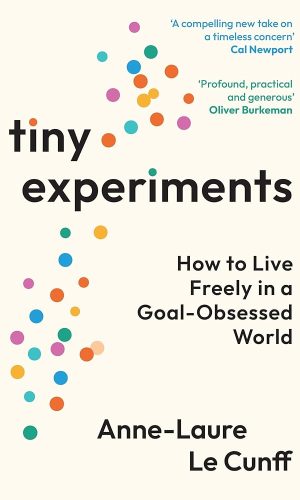

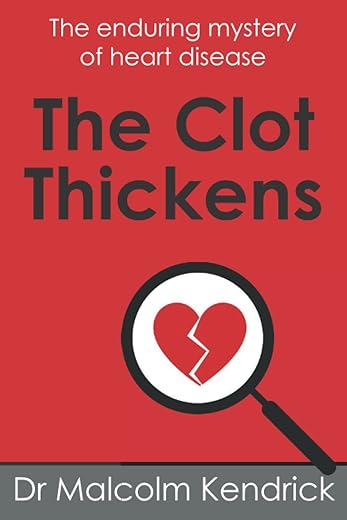
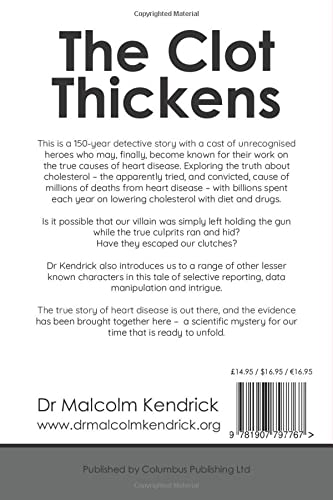
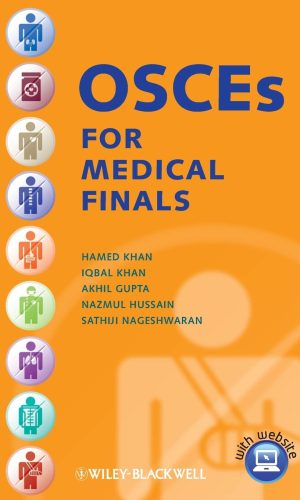
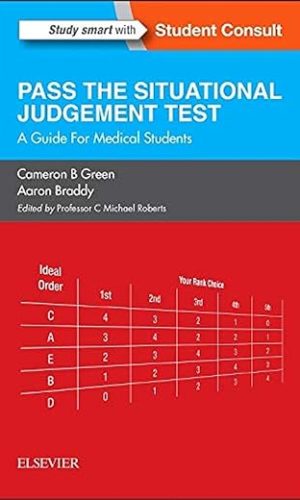
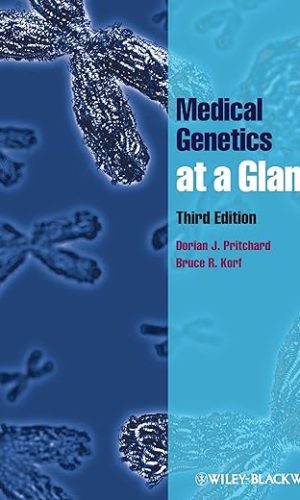
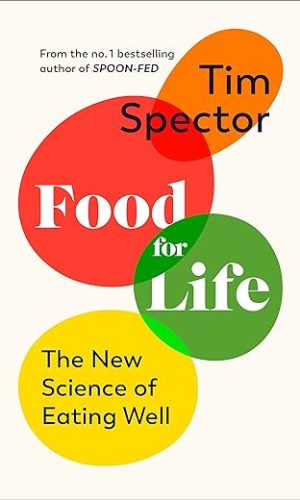
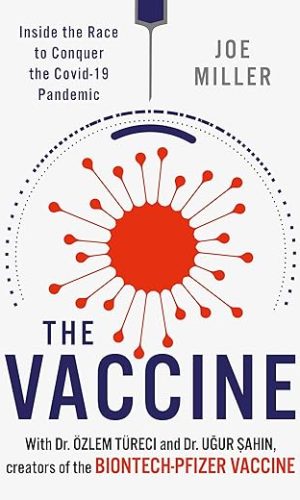
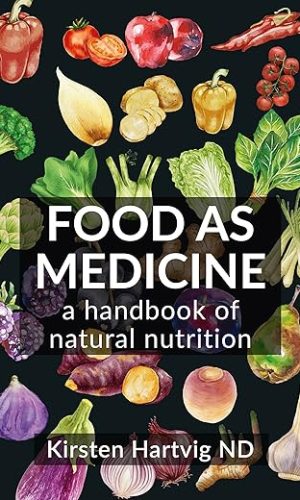
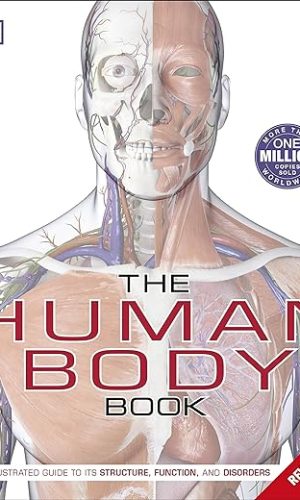
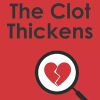
by susan Fallmann
I hesitated to read the The Clot Thickens because I don’t consider myself to be particularly at risk for heart disease. However, from my reading of Malcolm Kendrick’s other books, I was sure I would learn something useful from this book. I was not disappointed. Particularly relevant to me was how MK explains the link between mental health and cardiovascular disease. I am insatiably curious about how things work and this leads me into exploring all kinds of troubling world issues about which I can probably do little or nothing. As with MK’s other books – Doctoring Data and The Great Cholesterol Con, MK’s thorough, detective-like approach to leaving no stone unturned combined with a light-touch approach is a joy. The genius of this book is MK’s decision to explore the thrombogeneisis (blood clot) hypthesis and see how it stands up against the cholesterol theory, which has been dominant for decades. Spoiler alert – it doesn’t stand up to scrutiny but that has not prevented Big Pharma from suppressing the competing explanation for the sake of financial gain. I salute MK for his ability to promote what for me is a much more convincing explanation of the causes of cardiovascular disease, and what each of us can do about them, while still operating within the NHS – no mean feat I’m sure. I believe that everyone would gain something useful from reading this book.
by Mr Fipple
Fats, saturated fats, and cholesterol are essential components for the building of the types of cells of which animals are comprised. Other and additional components are needed, I might add. But the great lesson worthy of acceptance is that if nature had not evolved the acquired ability to synthesise cholesterol then there could exist no form of animal life at all. Saturated fats and cholesterol are fully in keeping with the needs of animal cells and thus they are fully in keeping with the needs of animals. You and I, and every other person alive, are living examples of the human primate which is a sophisticated animal, but an animal no less.
Were it not for natures ability to synthesise cholesterol we would not be here, and were we not here we would not be able to discuss cholesterol. Spare a thought for all the bad press given to discussion of cholesterol over the decades, and in the next step marvel at the worlds most intelligent animal could be so stupid as to malign a sterol that is sufficiently different to other sterols (eg. ergosterol and to stigmasterol) that animals could evolve above the kingdoms of fungi and of plants. The evidence at large is that intelligent life was absent from Earth prior to the time nature evolved the steps needed to synthesise cholesterol. All that bad-mouthing of cholesterol is the ultimate in irony.
The most important first step in coming to learn what really does give rise heart disease is to place all that mumbo jumbo about cholesterol and saturated fat behind oneself, dig the deepest of pits and bury it. Never dig it up again. For many this first step is a non-trivial step to take. People have been brow-beaten and brainwashed into believing that it is all true. Yup, some time ago that was me, too.
The persons who first established and promoted the lipid hypothesis or the diet heart idea (which ever term you prefer) had only a very primitive understanding of cholesterols endogenous (helpful) contribution to biology and to animal physiology. And although a much improved scientific understanding is now possible more than five decades on from said primitive beginnings very few from among the ‘experts’ seem aware. The adherents of the lipid hypothesis simply cannot bear to see or to hear it being challenged. In the minds of these individuals the expression of alternative views is truly heretical.
Dr Kendricks trademark style of writing is characteristically witty and breezy. He is out to inform and to entertain. Discussions so involved could easily foreclose upon many a readers attention span, and Dr Kendrick intentionally deploys devices and analogies to assists readers to stay with the plot. The Clot Thickens begins with a rapid review of all that is wrong about the lipid hypothesis, and there is much; readers must be given cause to doubt. Then in the second phase of the text more attention is given over to underlying process. Some key developments on the pathways to events such as heart attack and strokes involve plaque formation and clot formation. To the best of my knowledge Dr Kendricks discussion of deep rotted processes such as these is the first time any one persons has tried to explain them for a potentially wide, and lay, readership.
Something that makes heart attacks and strokes so difficult to discuss and to understand is that some many diverse factors can appear to contribute to the risks of experiencing one or other of these events. Cardiovascular disease, ‘heart disease’ is ‘multifactorial’. Here’s a key to the puzzle. Guided by the wise words of the late Paul Rosch, Malc Kendrick has looked to the principle of ‘convergence’. If the growth of arterial plaques and the formation of clots each have basic processes that give rise to them then all those plural risk factors, those that are actually true, anyway, must feed into (converge upon) those deeper processes. In third phase of the text of The Clot Thickens Dr Kendrick turns over the many perceived risk factors and seeks to associate them, mechanistically, with the more specific and rudimentary processes upon which they ought to converge if true.
The Clot Thickens is an ambitious book written by one of the most knowledgeable and diligent of cholesterol sceptics. Just because it challenges an old and accepted order should not be grounds to berate it. Indeed it is because it challenges an old and accepted order that it deserves great praise. And precisely because it is an example of ambitious writing there will exist would-readers who may find it to be an ambitious read. Make no mistake, it is worth the effort.
Buy it. Read it. Read it again. Do not dwell upon all the details in the first read through, for your head may ‘swim’ – simply absorb the overview. Have a break and then take up for a second time but now with more concern for the finer details.
Learn that saturated fat and cholesterol are not the cause of heart disease. If that is the case then you can go on to wonder if the prescribing and taking of medication ‘said to lower cholesterol’ serves any useful purpose at all. They generate profits, not that that is not useful to some.
by Devonlad
Though only half way through I find this very interesting and though technical, just about understandable for a layman like me. Hopefully there will be some good takeaway points at the end.
by Mr. S. Pugsley
This could’ve been a good read, had it not been written in such a cavalier fashion. A little light-hearted aside here and there can go a long way towards lightening up a jargon-filled book. However, the bounds are breached when the text is littered with frankly pointless sentences, making the book read like a conversation between hairdresser and customer, rather than the serious book it should be. The book goes into quite a lot of detail about the causes of heart disease, and it’s refreshing to see extensive journal papers used and referenced for further reading; but for me the book is too carefree and jovial, considering it’s subject matter.
by Kindle Customer
Malcom has an excellent way of writing what is in effect an 2023 summary of the biggest killer, but hay ho, if you do your research what about Nitric oxide, this is amongst the top of research papers in the last 30 year’s, if you find the publication of research papers first, they are in the thousands, then check their dates, then patents, patents that were never commercialised, oh, should I mention how a patent blocks product development? Then there are very old treatments like Berberine, Nattokinase, so yes the book is good, but the bus has left.
by Dr. Michael J. Cross
I heartily recommend this book at a time when the ‘Covid business’ has underlined the need to evaluate how we are treating our bodies, rather than just handing over responsibility for our care to healthcare professionals. There are a number of areas where advice from the health service may sometimes fall short (statins, cholesterol, food supplements, diet generally) and this book is very helpful.
If you consider yourself a bear with a small brain, you may find much of this book to be somewhat heavy going, but there may still be sections you can find useful. If you possess more brain power than many, you will steam through this with little effort and find it most informative.
The humour is not excessive though the occasional swearing interrupted quality delivery. I believe that swearing dilutes information content and is therefore always counter-productive.